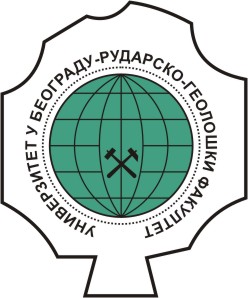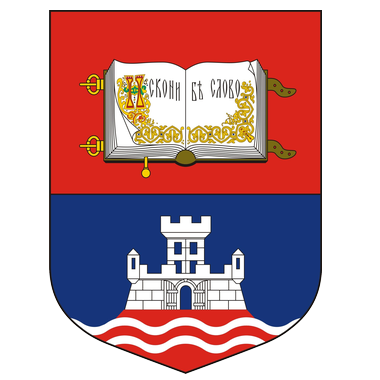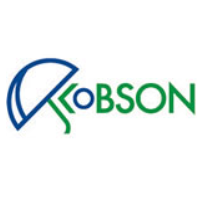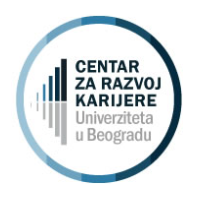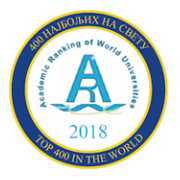Study program:
Mineral Processing (VII semester -BsC) |
|
Name of subject: Basics of Inorganic Technology |
Instructors:
Prof. Milena Kostović |
|
Status: Optional |
|
ECTS: 5 |
|
Prerequisites: - |
Course Objectives:
Introducing students with the basics of inorganic technology in which natural raw materials are used as raw materials, which are subjected to certain processes and processes of preparing mineral raw materials before using them in order to obtain the proper quality. |
Learning Outcomes:
Theoretical and practical training for work in the field of inorganic chemical technology which, as a raw material, primarily uses natural mineral raw materials. |
Content:
Theory teaching
Fuel technology. Indicators of the quality of solid fuels. Ash content. Heat content. Gasification of solid fuels-air, water and mixed gas. Dry distillation of coal-coking. Inorganic binders. Raw materials for production. Natural raw materials (quartz, limestone, clay, gypsum, magnesite, dolomite). Technological process of production of binder-cement, lime, gypsum, magnesium binders. Technology of ceramics. Quality of natural mineral raw materials (clay, quartz, feldspars) for the production of fine and construction ceramics. Industrial process of fine and building ceramics production. Test I. Technology of refractory materials. Chamotte, magnesite, chrome magnesite, silica and graphite refractory materials). Raw materials (clay, magnesite, chromite, quartz, graphite) and the production process. Glass technology. Raw materials and process of silicate glass production. Fertilizer technology. Requirements regarding the quality of raw materials for use in the process of production of artificial fertilizers. Production of superphosphate and nitrogen fertilizers. Water. Quality of natural waters. Hardness of water. Water softening procedures. Industrial wastewater. Test II. Practical teaching
Heat value of fuel (exercises); Preparation of hemihydrate heating up to 1300C; IC spectra of gypsum and hemihydrate; Determination of the refractory properties of clay-Segar cones; Hardness of water (exercises); Water softening with ion exchanger; missed exercises |
Suggested Reading List:
- S. Popov, Lj.Kostić-Gvozdenović, “Neorganska hemijska tehnologija” Izabrana poglavlja, RGF, Beograd, 1984.;
- Lj. Kostić-Gvozdenović, R. Ninković, ”Neorganska hemijska tehnologija”, TMF, Beograd, 1997.;
- 3.R. Ninković, L. Knežić, Lj. Kostić-Gvozdenović, N. Blagojević, B. Božović, V. Pavićević, “Neorganska hemijska tehnologija-Praktikum”, TMF Beograd, 2001.
|
Conduct of the Course:
Lectures; practical teaching through laboratory work;conduct a laboratory log |
Fund hours:
| Lectures |
Exercises |
Other forms of teaching |
Study research |
| 2 |
2 |
0 |
0 |
|
Assessment:
| Final Exam |
ECTS |
| Oral Exam | 40 |
| Classwork Assessment |
ECTS |
| Class Participationа | 10 | | Practical Classes | 30 | | Seminars | 20 |
|
|
Additional Assessment Criteria: - |
|
|
